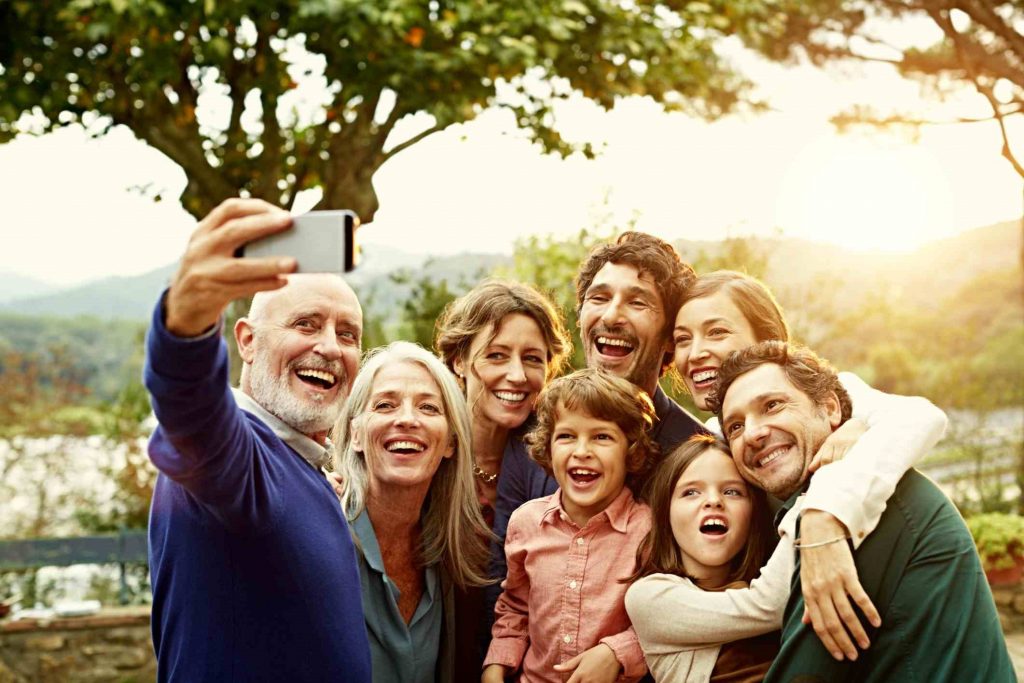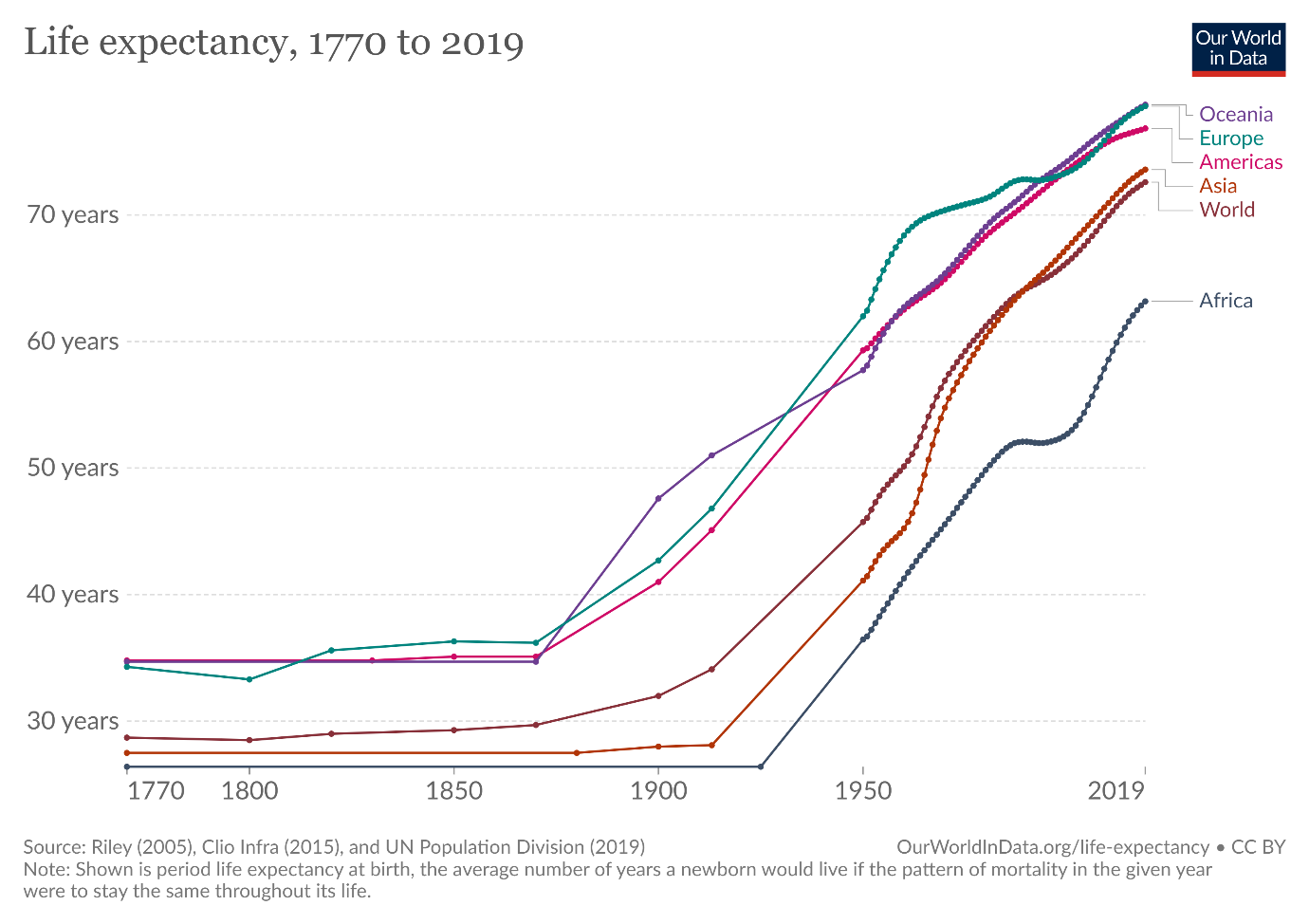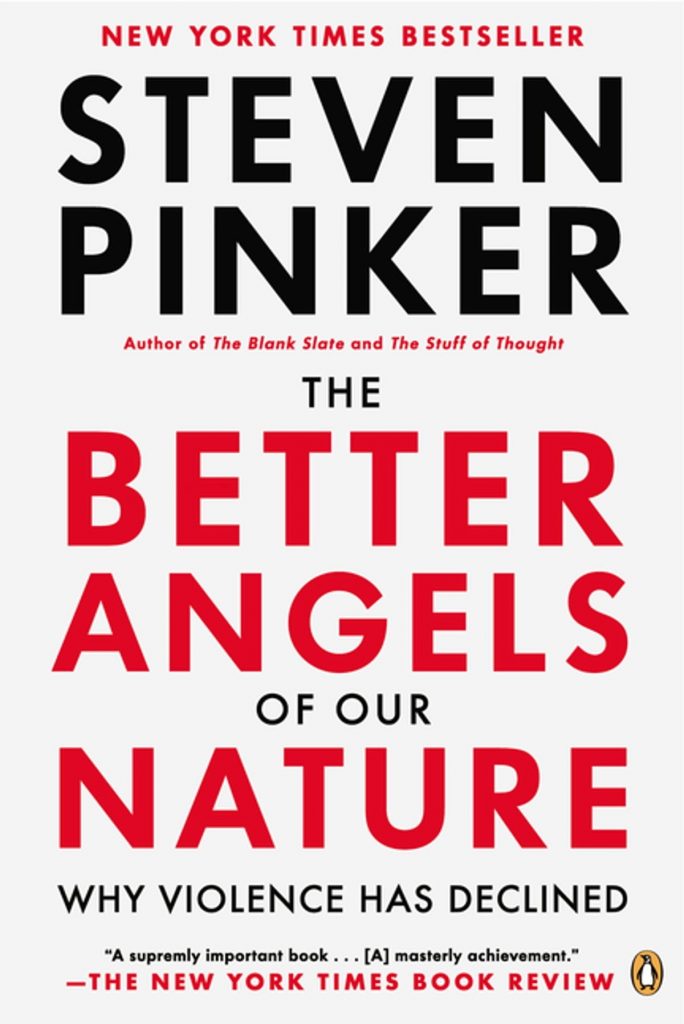Let’s face it: it’s easy enough to hate The New York Times.
If you happen to be conservative, you could argue that the newspaper might be too liberal for your tastes. Too woke. Too concerned with pushing a left-wing ideology.
And yet…this might be ignoring the fact that the Times has also been blamed for pushing a conservative agenda. For example, in the run-up to the Iraq War, the paper made a stronger case for invasion than even the Bush administration did. There’s certainly nothing woke about that.
Still, despite the many controversies over the years, even the harshest critic of the Times will concede: from time to time, the paper does publish the occasional gem that transcends ideology.
You know the kind of article I’m talking about: solid research that informs objectively, without necessarily trying to preach and convert.
This is what I look out for and treasure. Good journalism that goes beyond left or right.
So I was pleased when I came this Times piece with a provocative title…
Is the world really falling apart, or does it just feel that way?

Source: Verywell Mind
This is an attention-grabber, for sure. And what’s the answer to that lofty question?
Well, in short, it’s this: we’re actually safer, happier, and more prosperous than ever before. We just don’t realise it.
Here’s a choice excerpt from the article:
War is rarer today, by some measures, than it has been for most of the past 50 years — and, when it does occur, is significantly less deadly. Genocides and mass atrocities are less common all the time, too. Life expectancy, literacy and standards of living have all risen to historic highs.
Consider the mid-1990s, a time that Americans tend to remember as one of global stability and optimism. If today were really a time of exceptional turmoil, then surely that world would look better in comparison?
In reality, the opposite is true. The mid-1990s saw genocides in Rwanda and Bosnia. Years of war in Europe amid Yugoslavia’s collapse. Devastating famines in Sudan, Somalia and North Korea. Civil wars in over a dozen countries. Crackdowns and coups too numerous to mention.
Such events were in fact more common in the 1990s than today. Prior decades were, in most ways, even worse.
But you are unlikely to remember every decades-old disaster as vividly as you might be able to recount, say, a terror attack or political crisis from this week.
Intriguing? Absolutely.
Psychologists have long known about phenomenon. They call this anchoring bias.
What it means is that if you choose to ‘anchor’ yourself in bad news, all you see is bad news. It colours your entire worldview.
Of course, it doesn’t help that we now live in a media environment that’s filled with clickbait and doomscrolling.
Opinions are exaggerated.
Fears are amplified.
There’s no denying that this happens right across the political spectrum. Conservatives have agonised over the existential threat of the War on Drugs and the War on Terror. Meanwhile, liberals have agonised over the existential threat of the War on Covid.
By indulging in such microscopic worry, though, have we missed out on the big picture?
Here’s another choice excerpt:
We tend to judge how we are doing compared to those around us, or compared to our own recent past — not compared to abstract bench marks or previous generations.
And many of the positive changes are about prevention. No one notices the wars that don’t happen, the family members who aren’t claimed by disease, the children who don’t die in infancy.
Well, how true.
Just to be sure, I’ve done some research of my own to get real numbers. Here’s what I’ve uncovered:

Source: Our World in Data
Across the board, the scale of positive change is breathtaking:
- In 1770, the average life expectancy of a human being was around 35. In 2019, it’s well over 70.
- In 1820, the number of people living in extreme poverty was 89% of the global population. In 2015, it’s only 10%.
- In 1800, the number of people who couldn’t read and write was 88% of the global population. In 2016, it’s only 14%.
- Today, the 4th Industrial Revolution promises to transform the course of human history even further.
- There will be better food, better healthcare, better opportunities.
- More things will change in the next 100 years than in the last 1,000.
The New York Times sums it up like this:
Survey after survey has found that a majority of people in low- and middle-income countries like Kenya or Indonesia tend to express optimism about the future, for both themselves and their societies.
Such countries represent most of the world’s population, suggesting that optimism is, believe it or not, the prevailing global mood.
Those countries, after all, are where those long-term gains in health and well-being are most pronounced.
Many of these regions also experienced decades of civil conflict and unrest during the Cold War, when the United States and Soviet Union treated them as battlegrounds, propping up despots and insurgents.
But these same surveys also tend to find that in wealthy countries, most respondents express pessimism about the future.
Much of this may come down to economic mobility, rather than global headlines. People in low-income countries tend to believe they will be better off financially in the future, whereas those in wealthy countries consider it unlikely.
In other words, those of us living in the developed world have this tendency to complain and nitpick. Maybe even make a molehill out of relatively minor issues.
I must confess that I have occasionally lapsed into this mode of thinking as well. It happens whenever I feel dissatisfied about some trend or another. My bad.
However, you don’t have to be an economist to realise one thing. We are all living in incredible luxury and privilege — and few of us have actually experienced Third World-style hardship in our lifetimes.
So, therein lies the irony: the world’s poorest are actually more optimistic than the world’s richest.
It really is a matter of perception, isn’t it?
The bottom line

Source: Kobo
So, despite all the facts, are you still feeling glum about the world’s chances for peace and prosperity? Do you still suspect that the world is getting worse instead of getting better?
Well, if you can, take a break from the partisan media that thrives on sensation and outrage. It’s not doing you any favours.
Instead, you should seek out material that’s more grounded in optimism.
I recommend Steven Pinker’s book, The Better Angels of Our Nature.
It’s a compelling read. The rare title that doesn’t obsess about depressing problems. Rather, it talks about triumphant solutions. Indeed, it reveals how far we have come and by how much.
The data doesn’t lie: humanity is actually getting better at managing violent crises and striving for peace. And, indeed, our odds as a species have improved remarkably over the centuries and decades.
A better future does beckon.
While the mainstream media often dwells on negativity, we see plenty of reasons to be positive. To be excited. To be forward-looking.
At Vistafolio, we believe in the courage and ingenuity of free enterprise, as well as the track record that history has shown us.
For our Eligible and Wholesale clients, we run what may be the only active night-trading desk in New Zealand. Every week, we aim to buy into exceptional companies in the USA, the UK, Australia, and beyond. Our focus is on sectors that offer the perfect balance of growth and income.
Our mission? To capture pockets of outstanding opportunity where we can.
We’re not losing sight of the brighter horizon ahead, and neither should you.
Regards,
John Ling
Analyst, Wealth Morning





John is the Chief Investment Officer at Wealth Morning. His responsibilities include trading, client service, and compliance. He is an experienced investor and portfolio manager, trading both on his own account and assisting with high net-worth clients. In addition to contributing financial and geopolitical articles to this site, John is a bestselling author in his own right. His international thrillers have appeared on the USA Today and Amazon bestseller lists.